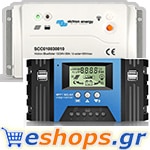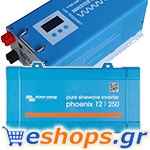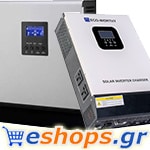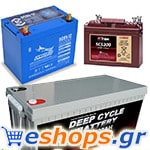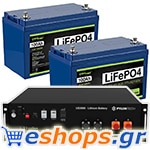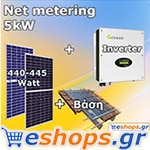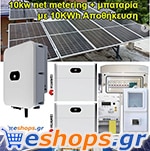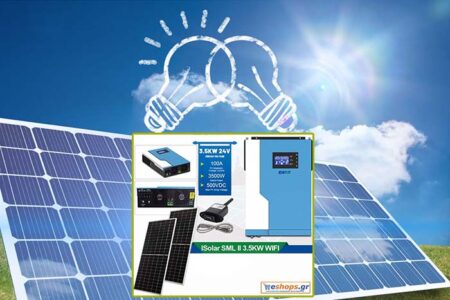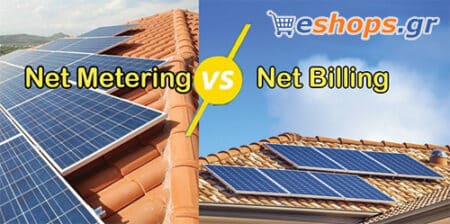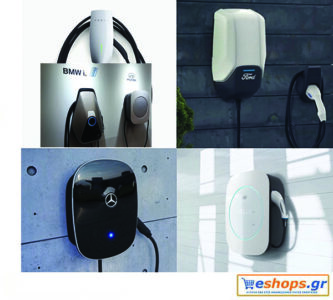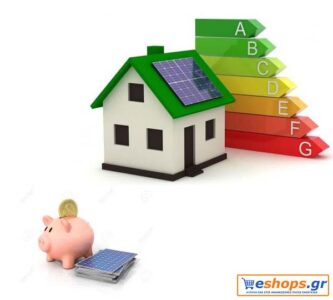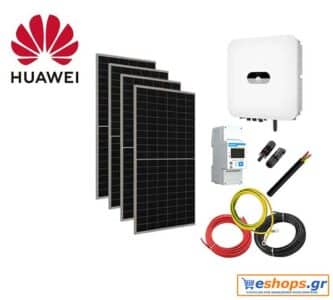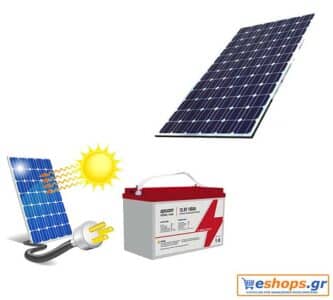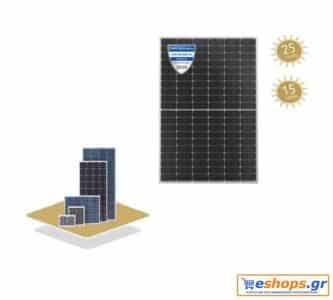Photovoltaic - Lithium ion battery or lead-acid battery?
Photovoltaic - Lithium ion battery or lead-acid battery? :
How do the lithium-ion batteries
The perception in the public is that the lead acid batteries is old technology. The batteries lithium have a different point of view, are modern, cleaner, have 3 or 4 times higher energy density and longer life.
Overall, what are the potential benefits of 150-year-old lead-acid technology? Well, in fact, not everything is as it seems, look at the data behind the titles used in marketing claims and then apply some common sense, basic research and some basic science. You will find that the real story is very different.
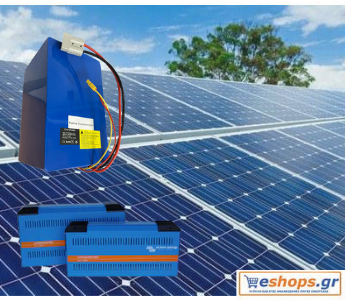
Photovoltaic - Lithium ion battery or lead-acid battery?
Advantages of lead acid battery chemistry
The batteries are strange devices. Nobody wants them, but everyone needs them. They are bought only when needed. How many plan to go to the local mall to buy batteries? It is a market of resentment, they are bought only when absolutely necessary. A good salesman can sell you two pairs of shoes, two cars and maybe two houses if you have the money, but he can not sell you two SLI car batteries. Want to learn more about this when buying a battery, be it a solar, e-bike or a spare UPS and inverter battery, or a traction battery for a forklift?
How do lead acid batteries work, what are the differences between the types and models and what is their different chemical composition?
It can be expensive. In a commercial or home application, what is the payback, what is the service life and cost of a replacement lead acid battery? What size, available space, energy efficiency and charging time do you need for lead acid batteries? Then there are the hidden costs of security, disposal and carbon footprint. This article compares lead-acid batteries with batteries lithium and tackles many of the misconceptions associated with both chemicals.
Are lithium ion batteries recyclable?
The recyclability and safety of these chemicals are important factors. As we all know, almost all components in lead-acid batteries are 100% recycled and there is no commercial process for recycling lithium ion batteries. This is understandable if one considers that more expensive components such as Li, Co, Mn etc. are only a small fraction of all Li-ion batteries. Lithium, for example, makes up about 4 percent of the total weight of a battery. In addition, lithium is highly reactive (which is the basis for its high energy density), which of course makes waste extraction expensive.
The added complexity of the many different materials in its structure makes recycling difficult both technically and economically. The results? There is simply no commercial incentive to recycle these batteries. For this reason, the recycling plant is still in a pilot phase and is heavily funded by the government.
At present, the vast majority of lithium-ion batteries at the end of their life cycle are in a state of accumulation, awaiting technological breakthroughs or mandatory recycling by law. If the latter were implemented, there would be costs in the end. This will further increase the price of lithium ion batteries compared to lead-acid battery types.
Do lithium ion batteries explode?
Finally, we have security. To the best of our knowledge, safety withdrawals have not been made for lead-acid battery applications, as we know this is the case with lithium-ion batteries in portable electronics or even electric vehicles.
The lithium-ion batteries have long been the cause of serious and dangerous fires, even when stored or transported. Although these cases are rare, appropriate safety equipment and battery management software should be identified and installed. For example, the New York Fire Department is still deciding how to respond to a lithium-ion battery fire. This strongly suggests that existing safety measures for lithium ion batteries worldwide need to be reviewed.
Lithium ion battery or lead-acid battery?
Lithium ion batteries definitely have better performance characteristics than lead acid. However, additional hardware related to security and management requirements significantly reduces these benefits. The end result is a clear advantage for lead-acid batteries, especially when considering applications that are not limited by weight or charge acceptance. The initial cost of lead-acid battery plants is low;




